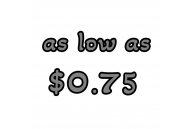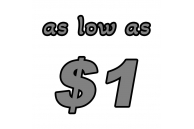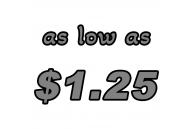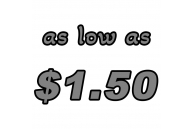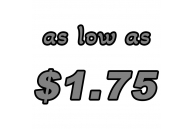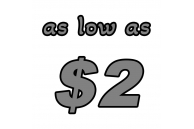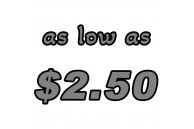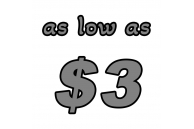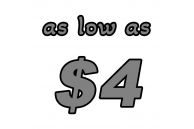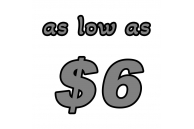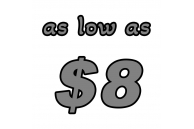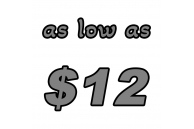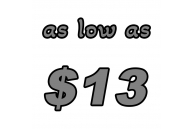 Last fall, Republicans around the country promised to address Obamacare if voters would give them total control of the House and Senate. We all know what happened on election day. Now, Congress has made a first step in keeping their promise to repeal and replace the Affordable Care Act.
Last fall, Republicans around the country promised to address Obamacare if voters would give them total control of the House and Senate. We all know what happened on election day. Now, Congress has made a first step in keeping their promise to repeal and replace the Affordable Care Act.
Congress has introduced a new bill known as the Patient Choice, Affordability, Responsibility, and Empowerment Act. As written, the legislation would eliminate both the individual and employer mandates of Obamacare, allow insurance companies to compete across state lines, provide tax credits to encourage consumers to buy their own insurance, and introduce a measure of tort reform. It would keep in place two of Obamacare's most popular provisions: children could remain on their parent's policies until age 26 and consumers could not be turned away for pre-existing conditions.
What Congress is proposing is better than Obamacare, but still not good enough. No matter how you slice it, there are fundamental deficiencies in government healthcare reform that are not addressed by this bill. Here are five of them:
1. Financial Inviability
There is a good reason insurance companies have been reluctant to cover individuals with pre-existing conditions. And it's not because they are selfish and greedy. It is because they know that otherwise healthy people will not purchase insurance as long as they are sick. Yet as soon as they find out they have a serious problem, it's off to the insurance companies they go. This is not sustainable. It is financial suicide to force insurance companies to risk tremendous losses because of consumers who refuse to pay in but are more than happy to take out.
2. Increased Costs
As long as the prohibition against denying patients with pre-existing conditions remains in place, the inevitable result is that the cost of health insurance will continue to rise unabated. It has to. The only way for insurance companies to remain in business is to charge more. According to the Manhattan Institute for Policy Research, this is the very reason the Health Insurance Portability and Accountability Act (HIPAA) of 1996 did not force guaranteed issue mandates on the private insurance market. Had it done so, rates in the individual market would have soared to keep insurers in business.
3. Consumer Ignorance
Modern health insurance is a far cry from what it was originally intended to be. Rather than providing a financial safety net in the event of a serious medical condition, today's insurance is nothing more than an arrangement utilizing a middleman to pay bills. This arrangement shields consumers from the true cost of their healthcare services, which, in turn, removes any incentive to shop around for the best value. Until consumers take responsibility for their own healthcare costs, there will be no incentive for insurers and providers to rein in those costs.
4. Government Involvement
Government is contributing to the continually rising cost of healthcare delivery through the Medicare and Medicaid programs. Both programs have a long history of wasteful spending and consumer fraud, two problems that the Government has done very little to correct. Healthcare reform is only making the problem worse. New estimates from government actuaries suggest spending on the two programs will increase by more than 12% this year.
Here's the problem with government involvement in healthcare: unlike an insurance company or healthcare facility, the government produces nothing. Every dollar they spend is taken from the taxpayer. What's more, the government must take a portion of every dollar to pay its own workers before passing the remainder on to Medicare and Medicaid. Therefore, for every dollar collected to pay for the programs, the government is getting less than one-dollar worth of services.
5. The HMO Model
The health maintenance organization (HMO) was incredibly unpopular in the United States until Congress forced it on citizens in 1973. Rather than removing this terribly conceived model from the equation, healthcare reform reinforces it. Why is the HMO model bad? Because it encourages spending money on services and treatments that are completely unnecessary. Doctors order rounds of unnecessary tests while insurance companies encourage all sorts of preventative services that turn out to be useless. It all contributes to spiraling costs.
Congress' latest efforts to repeal and replace Obamacare are certainly better than leaving the current law in place. But if they really want to fix the health insurance problem, they will completely remove all government involvement and let the free market do what it did just fine prior to the 1970s.


























































